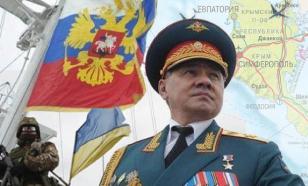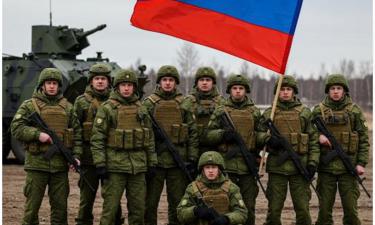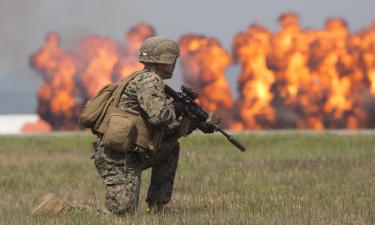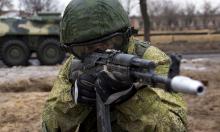Russia, EU to unveil partnership accord at Tuesday summit
Russian President Vladimir Putin and top European Union leaders are trying to put a cap on a dispute-filled year by unveiling a broad partnership accord Tuesday that can deepen ties, especially in the economic sphere, where Europe's thirst for energy and Russia's need for investment dovetail.
The session is the first since a stormy summit last fall in the Netherlands, when Russia accused the EU of fomenting street protests in Ukraine and partnership negotiations fell apart. Tensions have risen since last year's admission of 10 new EU members, eight of them from the former Soviet bloc, which Moscow accuses of pushing the organization to take an anti-Russian line.
EU officials say they do not want another breakdown and are ready to sign a less-than-perfect accord, hoping to nail down outstanding issues in the months ahead.
After months of difficult talks, EU foreign policy chief Javier Solana told Russia's ITAR-Tass news agency on Monday that talks on the pact had made substantial progress and that an agreement was within reach.
The accord encompasses security, economic and humanitarian issues and aims to enhance cooperation in transport, energy and regional conflict resolution as well as harmonize legal standards and promote trade and investment.
The two sides remain deadlocked, however, over a set of linked issues: Russia's demand for an easing of visa rules, and the EU's counter-demand for Russia to take back Russian nationals and others who entered the EU illegally from Russia.
In addition, the EU wants Russia to phase out Siberia overflight charges that West European airlines now pay to Moscow for planes headed to Japan and China. The EU calls such charges unjustified.
The partnership aims to craft a single EU-Russian market with no barriers to trade and to introduce economic reforms, competitiveness and good economic governance in Russia. It also wants more cooperation on investments, financial services, telecommunications, transport, energy and the environment.
The EU also plans programs to foster democracy, the rule of law, human rights, an independent judiciary and media, and cooperation on combating terrorism, organized crime and corruption.
The EU wants to help Russia to end "frozen conflicts" in the former Soviet region - Trans-Dniester in Moldova, Abkhazia and South Ossetia in Georgia, and Nagorno-Karabakh in Azerbaijan - by offering humanitarian and economic aid to those regions.
Russia is the EU's fifth largest trade partner, with bilateral trade totaling US$125 billion (Ђ96.55 billion) in 2004. Russian exports amounted to US$91 billion (Ђ70.29 billion), the lion's share accounted for by oil and gas deliveries.
Natural gas monopoly Gazprom provides a quarter of Europe's gas, while 85 percent of the 4 million barrels of oil per day that Russia - the world's No. 2 exporter - sends outside the former Soviet Union went to Europe in 2004.
Energy is expected to become an even bigger focus in negotiations starting next month, when Britain - whose North Sea oil and gas fields are dwindling - takes over the EU presidency.
HENRY MEYER, Associated Press Writer
Subscribe to Pravda.Ru Telegram channel, Facebook, RSS!




